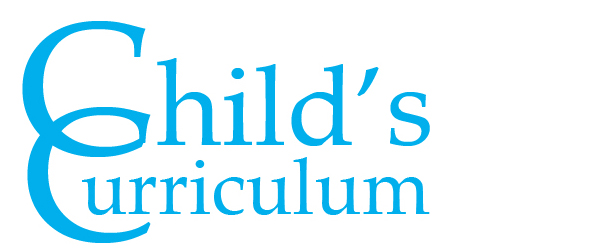![]()
Early Years education has built on the tradition of collaborating with children’s innate gifts of creativity and companionship to form communities of learners, and Scottish Nursery Schools have held a proud place in this tradition.
New scientific understanding of the intelligence of infants and young children for learning cultural meanings through social interaction, and advances in brain science, confirm that the early years establish a foundation for this knowledge, and for maturation of healthy and productive members of society.
Research shows that children are born motivated to live in affectionate and playful attachment with parents, other adults and other children. Sensitivity to these motives promotes social, cognitive, linguistic, and sensorimotor growth, establishing confidence and imagination in the knowing and doing of happy and proud children. Promoting children’s development matters not just for them, but for all of society. There are well articulated and carefully considered policy documents defining essential support of young bodies and minds. When parents seek out of home care, infants are placed in the care of staff who need to know how central they are in children’s development, particularly in nurturing well-being and an excitement for discovery through stable, cooperative and lively relationships.
The statutory duty to fund pre-school service provision is devolved by government to Community Planning Partnerships that struggle to prioritise meeting the needs of early development and learning, and consequently longer-term needs. Anti-social behaviour in young adults links strongly to poor quality care in early years, and to violence in families stressed by poverty and financial insecurity. Economists show that the return in social benefits from investment in family support and for education in early childhood is much higher than from investment in school years and higher education.
Concern that the knowledge and practice of high quality provision for early childhood education are being eroded with social, economic and political change has prompted the organisation of a committee of experts in early childhood education and research.
The Child’s Curriculum is an interest group made up of a Core Committee that normally meets six times a year to discuss topics relating to our four aims. This Core Committee is often joined by our Associate members and interested others. While all members (Core and Associate) have varied and considerable experience relating to the early years of life, often work in the field and may be linked to other groups, each attends the Child’s Curriculum as an individual with intense interest in supporting early child well-being and learning and not as a representative of any other group nor their employer. From time to time Working Sub-groups are formed if a project arises that could progress well in this way. Sub-groups are formed of Core Committee members and may invite the support and help of others to share their knowledge and expertise.
